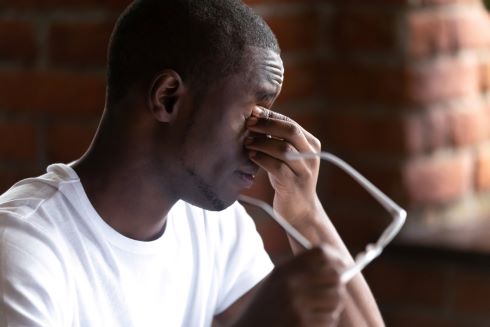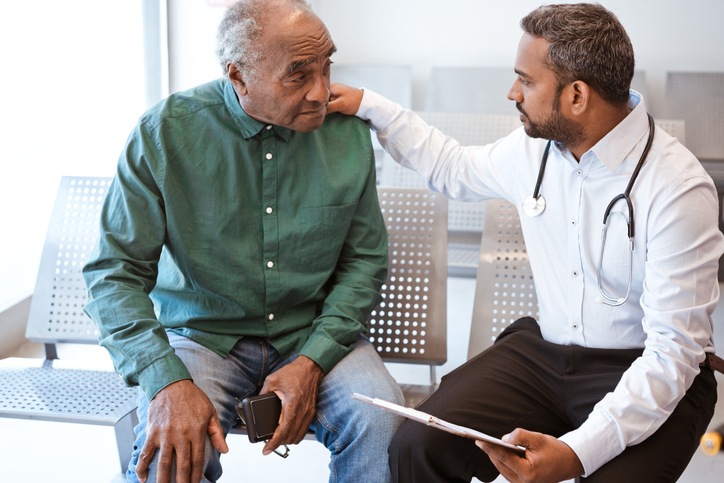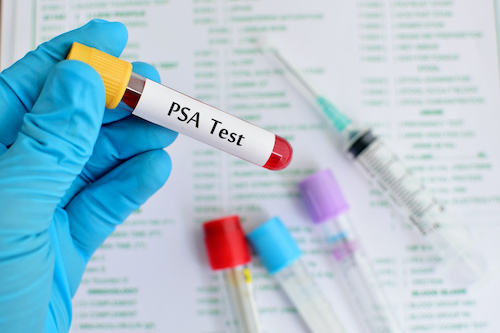
Prostate cancer is the second most common cancer in men. Commonly observed symptoms after treatment include urinary incontinence, decreased libido, erectile dysfunction, and loss of ejaculation. Although these symptoms occur in most men regardless of sexual orientation, gay men often find it more difficult to deal with.
Matthew Curtin, who was diagnosed with prostate cancer in October 2019. After careful consideration, a prostatectomy was deemed the best treatment option. The surgery was successful, and two years later, there were no signs that the cancer had returned. But the success story was not over for Curtin, who went through a roller coaster of psychological and clinical turmoil. He felt his urologist was unprepared, as they were more attuned to handling cases straight males and had little to no knowledge of how to manage gay patients.
According to Mr. Curtin, he was three months into treatment when he realized that “there is a lot going on here – the emotional and psychological effect – that is not being treated.”
This realization prompted him to seek an alternative treatment approach. In his search for better treatment, he came across Dr. Channa Amarasekera, the director of the Urology Program for Gay and Bisexual Men’s Urology Program at Northwestern Medicine in Chicago. This urology program was the first of its kind in the United States because it focused on gay and bisexual men and other sexual minorities.
Many gay men in their 50s and 60s are now entering the prime target population for prostate cancer, and there is a need to address their sexual needs. However, there is a lack of research data on how these groups of men should be treated, as most research on gay health was focused on HIV, as it was the biggest killer. According to Dr. Simon Rosser, a professor of epidemiology and community health at the College of Minnesota, there are many reasons for the lack of data on gay men. One was that during the AIDs pandemic, many gay men died before developing prostate cancer.
“It’s only now that as the AIDS generation grew older and aged into health problems like prostate cancer, that specialists are starting to see gay patients,” said Dr. Rosser said. “But they are not trained in sexual minorities and health care.”
The prostate is an important sexual organ for gay men, and there is a need to educate patients about how this affects their bodies and take that into account when deciding on the treatment options for these men.
Dr. Amarasekera says, “It’s important to collect data on how treatment affects the sexual function of gay and bisexual men, who have a different sexual repertoire than heterosexual men,” he said. “If you lack the tools to measure aspects of sexual function that are specific to gay and bisexual men, you have no way to track their progress.
Source: https://www.nytimes.com/2021/12/07/health/prostate-gay-sex-cancer.html







 © 2025 Mashup Media, LLC, a Formedics Property. All Rights Reserved.
© 2025 Mashup Media, LLC, a Formedics Property. All Rights Reserved.